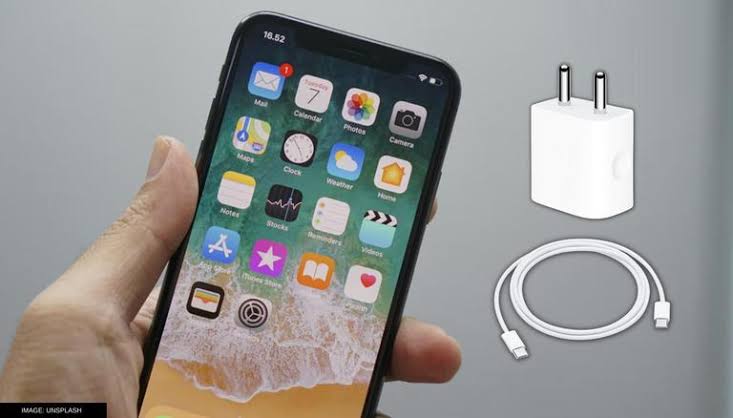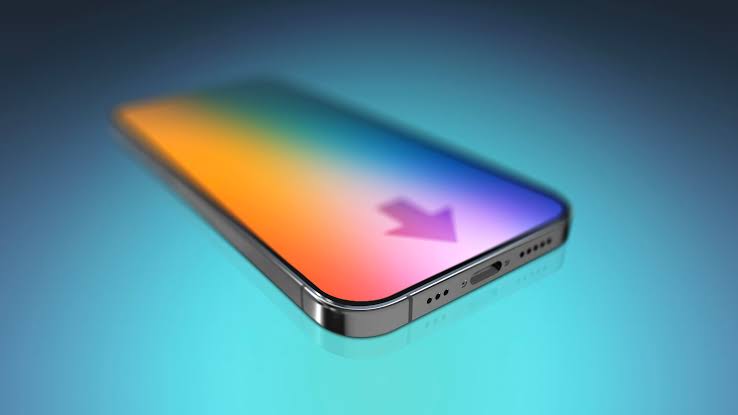
Apple is experimenting with new iPhone designs that do away with the Lightning port, which has been used in the iPhone and other Apple products since 2012. The decision to stop this connection standard would allow the corporation to homogenise its product catalogue while also avoiding a legal struggle with the European Union, which is finalising legislation that will force the use of these connections in all electronic products.
Apple will switch to the new port on iPhones in 2023, according to TF International Securities analyst Ming-Chi Kuo, who works with several vendors in Apple’s supply chain.
Before USB-C was invented, Apple introduced the Lightning connection, which had several advantages over the current alternative connection standard, Micro USB, including the usage of a reversible connector and the ability to employ direct audio channels rather than just audio channels. data.
Many of the advantages of Lightning vanished with the introduction of USB-C, a standard on which Apple participated. Although the connector is still easier to produce and has higher water resistance, Apple will be able to offer quicker connection rates, a single charging solution for all of its products, and compatibility with connections from other manufacturers by switching to USB-C.
Some of the company’s product lines have already begun to go in this direction. For example, iPads have used Lightning since 2012, but the latest models have already switched to USB-C. Although the newer Macbook Pro models offer a supplemental MagSafe magnetic charging port, USB-C has long been the standard connection on Macs, even for charging.
Apple’s intentions regarding Lightning in the case of the iPhone were questioned by analysts. Many people anticipated the business would shut down the port completely. For years, wireless charging has been available with Qi-standard chargers, and there are even techniques to transfer data wirelessly in the event that the phone requires service.
According to Bloomberg, the iPhone will arrive with an adaptor to allow users to continue using accessories that require the Lightning connector.

If existing European legislation succeeds, the decision will prevent Apple from having to build a specific model of iPhone for the European Union’s territory. The business has fought Brussels’ attempts to standardise the charging standard by requiring only chargers, not devices, to use USB-C as a connector.
Apple supports this option, claiming that requiring a specific connection on the device stifles innovation. For example, if Europe had mandated the same with Micro USB (as it originally recommended), USB-C development and adoption would have been significantly slowed.
The European Commission decided to amend the regulations so that no manufacturer would have been able to include a USB-C port in phones, at least not as an exclusive connector.
